Pakistan lags behind India, Bangladesh in economic growth: report
Pakistan’s economic activity is projected to gradually accelerate over the medium term
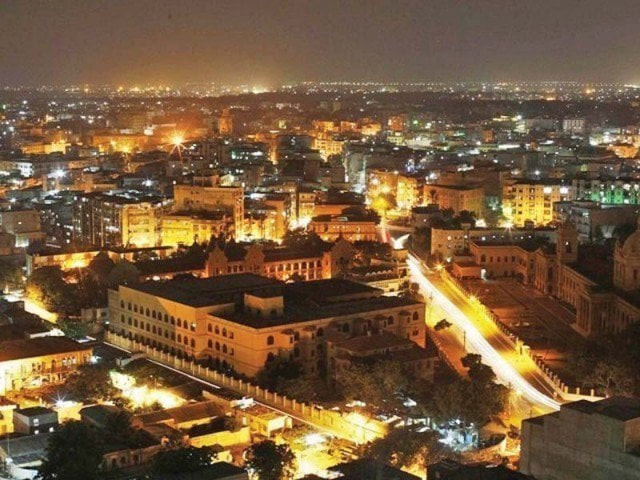
kistan’s economic activity is projected to gradually accelerate over the medium term reaching 5.0 per cent in 2017 and 5.4 per cent in 2018. PHOTO: REUTERS
While India is named as the fastest growing economy in the region, Pakistan sits behind Bangladesh, Bhutan and Nepal in growth rates. India’s economic activity is expected to accelerate to 7.7 per cent in 2017, after maintaining a solid 7.6 per cent in 2016 due to a growth in consumption – boosted by normal monsoon and civil service pay revisions, the report reveals.
$1b Sukuk proves global confidence in Pakistan: Dar
On the other hand, “Pakistan’s economic activity is projected to gradually accelerate over the medium term reaching 5.0 per cent in 2017 and 5.4 per cent in 2018, building upon 4.7 per cent GDP growth at factor cost in 2016 (5.7 per cent at market prices)." The report adds that "economic growth is primarily driven by public and private consumption, however, some re-balancing in growth components is expected due to a rise in investment."
This growth is the result of infrastructure projects under the China Pakistan Economic Corridor (CPEC) and related public investment. CPEC can also help accelerate growth in the domestic construction industry, as well as increase electricity generation.
Mixed picture of Pakistan’s economy
The report notes; however, that “sustainable and inclusive growth and poverty reduction will require greater private sector investment and the development of infrastructure in the medium term, as well as a continued focus on fiscal consolidation and structural reforms.”
The report indicates that Afghanistan’s economy is expected to make a slow recovery over the next three years, while in Bangladesh, most economic indicators remain stable.
Further, the report, published last week, seeks to examine ways in which the South Asian economy is gradually accelerating. Statistics show that economic growth is expected to gradually accelerate to 7.3 per cent in 2017 from 7.1 per cent in 2016 in South Asia.
Govt’s savings offset by unchecked borrowings
However, the region also suffers from a challenging business environment leading to more insecurity and uncertainty, which could have a negative impact on investor confidence. “Political economy risks are widespread across South Asia, and uncertainty will need to be managed, particularly with a view to creating an attractive environment for domestic and foreign investment alike,” said World Bank South Asia Region’s Chief Economist Martin Rama.


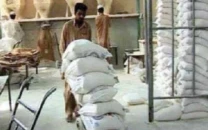
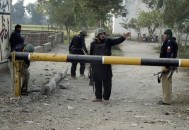

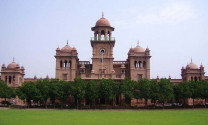
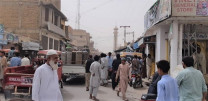












COMMENTS
Comments are moderated and generally will be posted if they are on-topic and not abusive.
For more information, please see our Comments FAQ